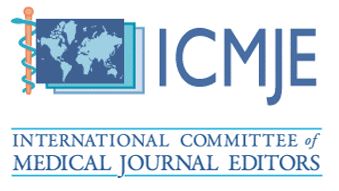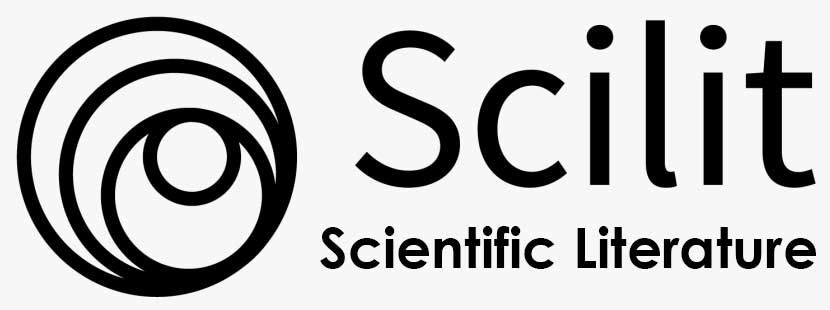Antibacterial Evaluation in vitro of the Essential Oil of Astronium urundeuva (M.Allemão) Engl. Against Multidrug-Resistant Strains
Terezinha Raila Ramos de Sousa1, José Thyálisson da Costa Silva1, Ismael Almeida da Costa1, Talysson Felismino Moura1, João Arthur de Oliveira Borges1, Saulo Almeida Menezes2, Alef Martins de Oliveira1, Viviane Bezerra da Silva3, Ana Letícia Gonçalves Pereira4, Cícero Jorge Verçosa5, Mikael Amaro de Souza1, Priscilla Augusta de Sousa Fernandes6, José Aglailson Oliveira da Anunciação7, Rafael Pereira da Cruz1, Maria Flaviana Bezerra Morais-Braga1, Henrique Douglas Melo Coutinho1 and José Weverton Almeida-Bezerra1*
1Regional University of Cariri, Crato - CE, Brazil.
2Federal University of Rio Grande do Sul, Porto Alegre - RS, Brazil.
3Federal University of Pernambuco, Recife - PE, Brazil.
4Doctor Leão Sampaio University Center, Juazeiro do Norte – CE, Brazil.
5Pernambuco Department of Education and Sports, Recife – PE, Brazil.
6Federal University of Paraiba, João Pessoa – PB, Brazil.
7Federal University of Vale do São Francisco – PE, Brazil.
*Corresponding Author: Prof. Dr. José Weverton Almeida-Bezerra, Department of Biological Chemistry, Regional University of Cariri, 63105-000, Crato, CE, Brazil.
DOI: https://doi.org/10.58624/SVOAMB.2024.05.038
Received: November 02, 2023 Published: January 23, 2024
Abstract
Given the current disastrous situation of bacterial resistance resulting in deaths worldwide due to the misuse of antibiotics, it is necessary to explore natural means that can reverse this situation. Thus, the essential oil of Astronium urundeuva, which possesses properties directly related to its antibacterial effects, was the focus of this research. The objective was to analyze the antibacterial activity of the essential oil from A. urundeuva leaves, as well as its antibiotic-enhancing action. Initially, approval was obtained from the Biodiversity Authorization and Information Systems (SISBio) and the National System for Management of Genetic Heritage and Associated Traditional Knowledge (SisGen). Subsequently, collections were made, and extracts from A. urundeuva leaves were obtained. In addition, in vitro tests were conducted to determine the minimum inhibitory concentration (MIC) of the essential oil, along with tests to identify any modifying activity on antibiotic action. Bacterial strains such as Pseudomonas aeruginosa, Escherichia coli, and Staphylococcus aureus were used for these tests. It was found through the minimum inhibitory concentration that the essential oil (EO) alone could not prevent bacterial growth, considering that its result was > 512 µg/mL. However, it was observed that the essential oil, in conjunction with certain antibiotics, had a potentiating effect on its antibacterial action. The most significant enhancers were Norfloxacin, as it achieved higher action against all three tested strains when combined with the EO, and Gentamicin, which, when combined with the EO, strengthened its action against E. coli and S. aureus. However, Ampicillin, when combined with the EO, showed significance only against S. aureus. Therefore, this study revealed that the essential oil of A. urundeuva may be promising, as it can enhance the action of antibiotics against bacterial growth.
Keywords: Myracrodruon Urundeuva; Phytotherapy; Aroeira Do Sertão, Terpenes.
Citation: de Sousa TRR, da Costa Silva JT, da Costa IA, Moura TF, de Oliveira Borges JA, Menezes SA, de Oliveira AM, da Silva VB, Pereira ALG, Verçosa CJ, de Souza MA, de Sousa Fernandes PA, da Anunciaçao JAO, da Cruz RP, Morais-Braga MFB, Coutinho HDM, Almeida-Bezerra JW. Antibacterial Evaluation in vitro of the Essential Oil of Astronium urundeuva (M.Allemão) Engl. Against Multidrug-Resistant Strains. SVOA Microbiology 2024, 5:1, 15-21.











